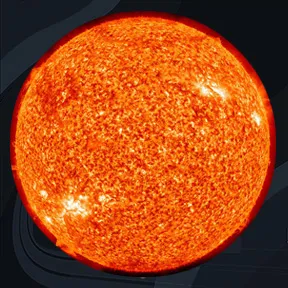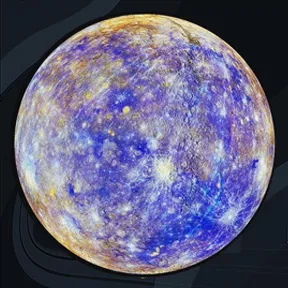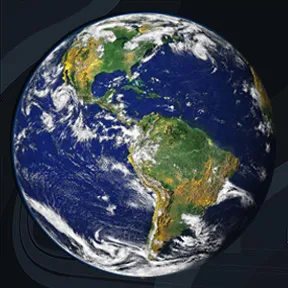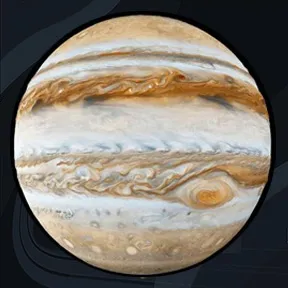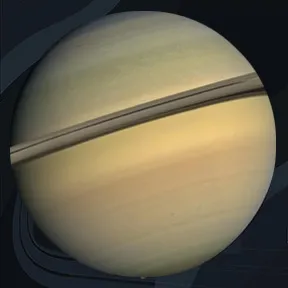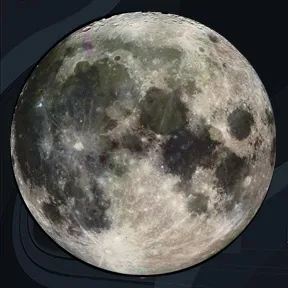Why is it so Difficult to Send Humans Beyond The Moon?
The human race has been able to place robots on Mars, send spacecraft to all the gaseous planets, and even send an exploration probe to Pluto. However, we have been unable to send humans beyond the Moon and probably still have a long way to go. Why is it so difficult to send humans beyond the Moon? Let's find out!
In 1969 NASA managed to put on the surface of the Moon the first human beings; As Neil Armstrong said, this was a small step for man, but a great leap for all of humanity, since it was the first time that we set foot on a world other than Earth.
Paro has passed more than half a century, and not only have we not gone further, but we have not returned to the Moon. In a past video, we explained why it is so difficult to return if we have already gone in the past.
But even if we were to return to the Moon, it would be tough to go any further, and that's because the technology needed to do so is just beginning to be tested.
The First Attempts
When the first humans arrived on the Moon more than half a century ago, the spacecraft they traveled on was the Apollo, which had to orbit the Moon repeatedly to land.
After exploring the lunar surface, they rejoined the command modules to return to Earth; in total, six missions and 12 astronauts managed to step on the lunar surface. But since then, this incredible feat has not been repeated, Why?
A very difficult challenge to take on
The journey beyond the Moon is a much more difficult task than it seems. One of the biggest challenges is cost. Traveling beyond the Moon is much more expensive than sending missions to the Moon. For example, NASA spent about $25 billion on the Apollo program, which took astronauts to the Moon.
For example, if you wanted to send a human-crewed mission to Mars, the cost would be at least 100 times higher.
No government or company is willing to spend so much money on a mission that does not immediately benefit humanity...

